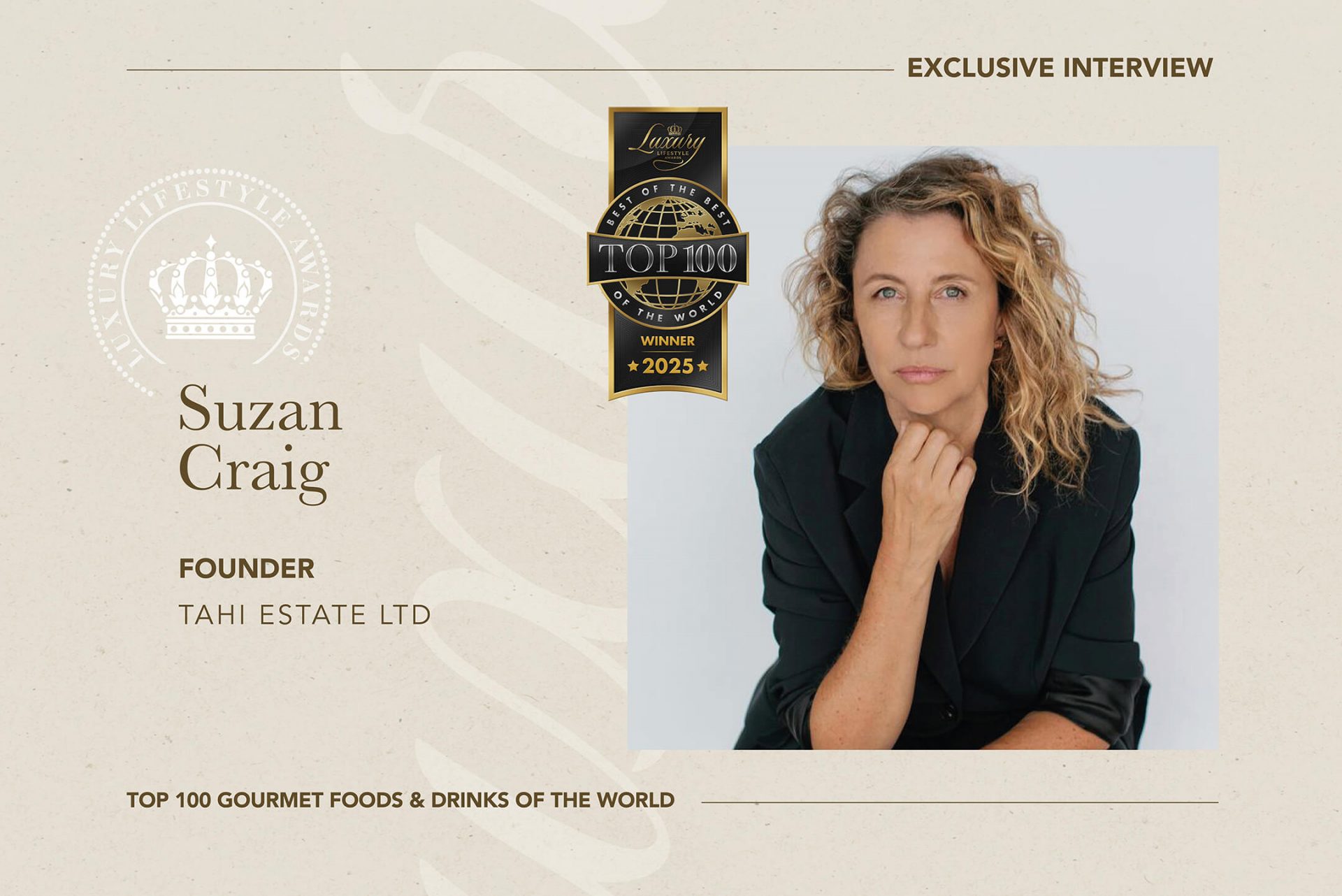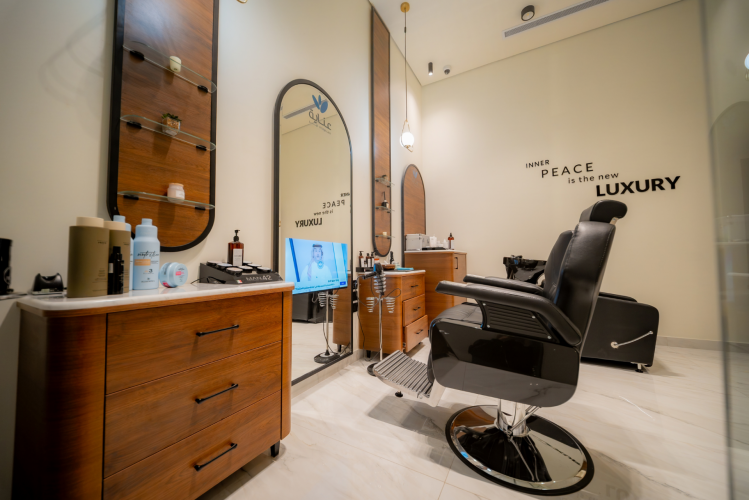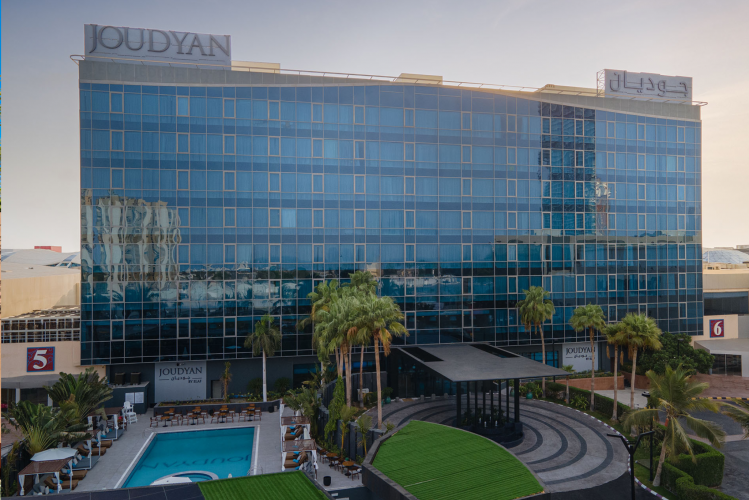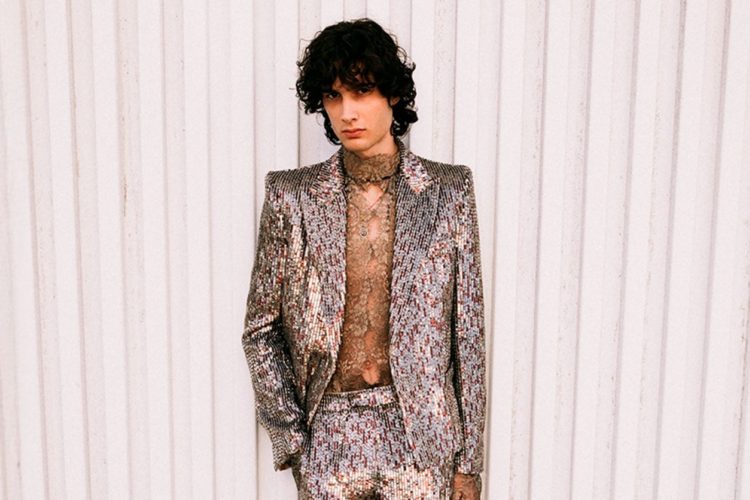Suzan Craig, the visionary founder of Tahi Estate Ltd, has redefined what it means to create a luxury brand rooted in purpose. Guided by a deep loyalty to environmental restoration and ethical business practices, Suzan transformed a degraded cattle farm in Pataua North, New Zealand, into a flourishing 800-acre nature sanctuary and home to one of the world’s most sustainable honey producers. Her leadership has not only cultivated award-winning honey but also sparked a movement that merges biodiversity, luxury, and authenticity in a way few others have achieved.
In this exclusive interview, Suzan Craig shares the remarkable journey behind Tahi Estate — recently named one of the Luxury Lifestyle Awards’ TOP 100 Gourmet Foods & Drinks of 2025 — and offers insight into the values driving its global success.
Alexander Chetchikov, President of the World Luxury Chamber of Commerce, leads our exclusive interview. Drawing on more than 17 years of experience recognizing the globe’s most distinguished luxury brands through the Luxury Lifestyle Awards, he offers rich expertise and discerning insight into the dynamic landscape of luxury.
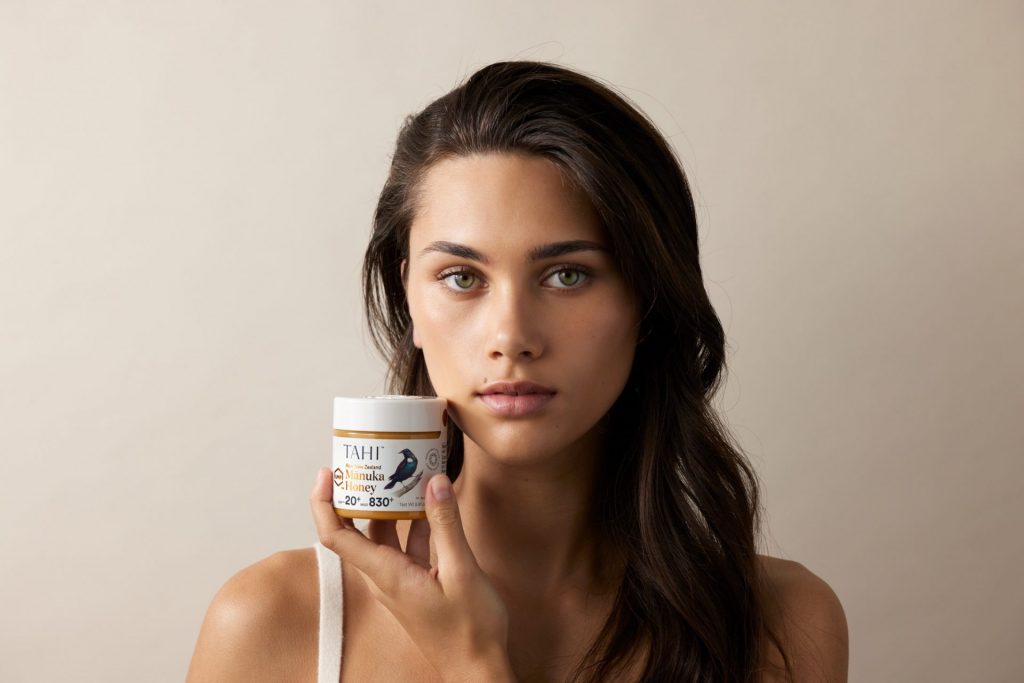
Questions:
Alexander Chetchikov: Tahi reinvests 100% of its profits into ecological restoration. How has this commitment shaped your brand identity and influenced consumer trust, especially in the luxury market?
Suzan Craig: The luxury consumer does not want to compromise – they expect brands to perform at the apex of luxury and sustainability. Consumers are looking beyond brands and want to connect with purpose. Tahi’s high-quality, performance-led eco-luxe brands are poised for this deeper connection.
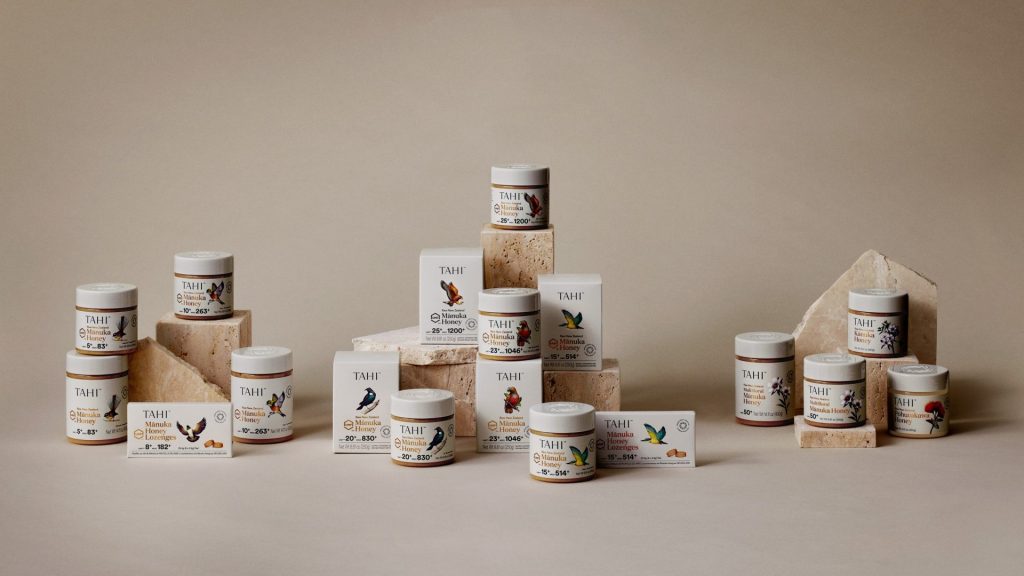
AC: Your honey stands out for both its purity and ethical beekeeping. Can you walk us through what makes Tahi’s beekeeping philosophy different from standard industry practices?
SC: Tahi honey is ethically harvested from some of New Zealand’s most remote locations. This means our honey is as natural as nature meant it to be – No added sugar, water, corn syrup, antibiotics, or chemicals.
Our commitment to ethical beekeeping practices ensures the well-being of our bee colonies and their important role in pollination. We don’t use pollen traps, nor do we collect bee venom, as it can harm or even kill bees. Importantly, we leave a box of honey per hive so that our bees are sustained over winter by eating their own rich, natural honey and pollen, just as nature intended.
AC: The Tahi Eco Retreat is a unique extension of your brand. What role does this immersive experience play in deepening customer appreciation for Tahi’s values and mission?
SC: Our eco-retreat in the remote north of New Zealand is truly our ‘living ecolab’. This is where guests who come to stay get to touch, taste, see, and feel the impact of our work. From seeing the birdlife which now thrives (over 50 species have returned to Tahi) to enjoying forest bathing amongst the 8.8 million native trees planted and regenerated. Our eco-retreat is truly a place to disconnect from the world and reconnect with yourself and nature.
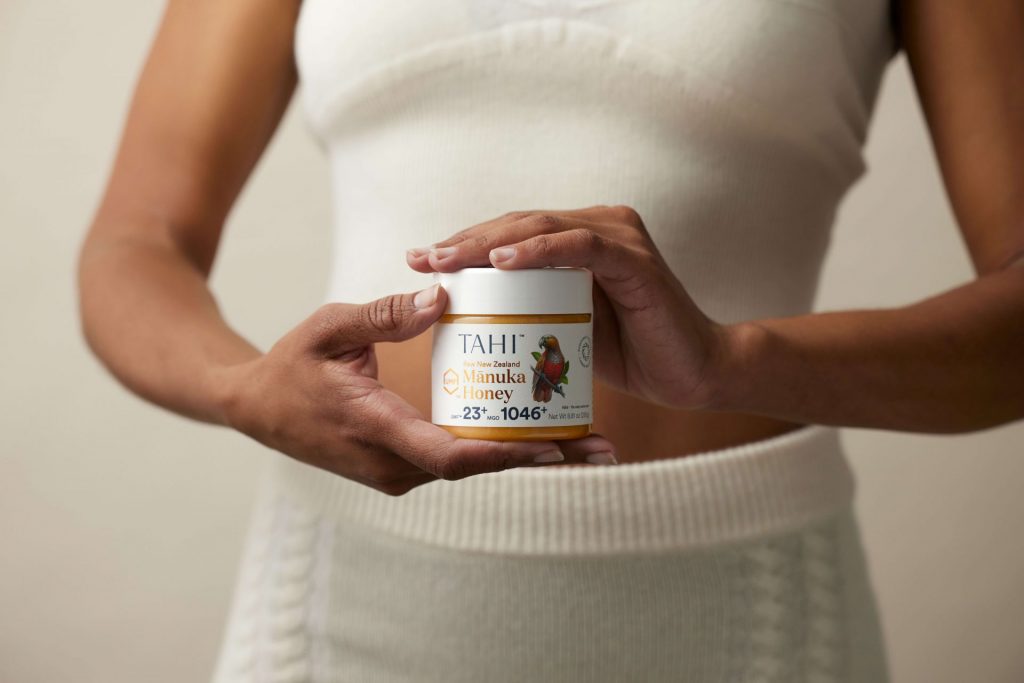
AC: Being named one of the Luxury Lifestyle Awards’ TOP 100 Gourmet Foods & Drinks for 2025 is an incredible recognition. What does this honor mean to you and your team, and how does it reflect the journey you’ve taken with Tahi?
SC: Tahi honey is a multi-award-winning Mānuka honey for both its exceptional taste and positive impact on the environment. These awards are a reflection of the incredible care and precision that goes into making our products. For our environment team tending to our land, to our team of beekeepers & on-site production managers – this is truly a moment of reflection, and gratitude.
AC: The luxury food space is often associated with indulgence, but Tahi proves that it can also stand for purpose and responsibility. How do you see the definition of “luxury” evolving in the honey and gourmet food sectors?
SC: True luxury depends on thriving ecosystems that support each other and sustain life on earth. The global decline in biodiversity has reached a critical juncture. Over half the world’s total GDP is moderately or highly dependent on nature. Yet, the true value of nature remains unaccounted for in the global economy. We believe industries worldwide will start to follow Tahi’s ecosystem approach, which values the importance of viewing the economy, our brands & business holistically.
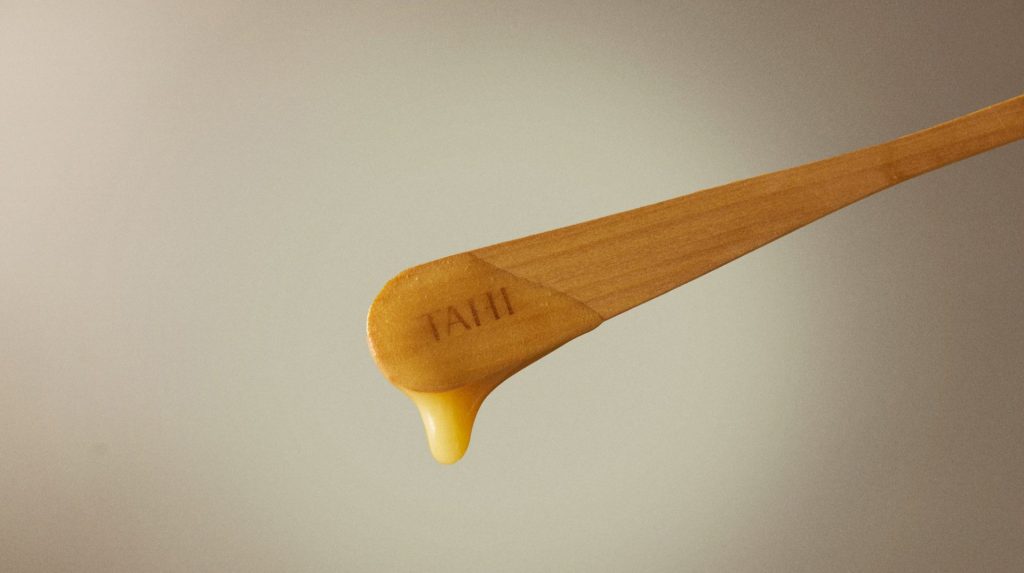
AC: What do you believe consumers today are seeking in premium food products, and how should brands adapt to meet these expectations while staying authentic?
SC: Consumers will continue to invest in their health and wellness; however, increasingly, there will be value on the “interconnectedness” of the health of the earth and the health of mankind. For too long, we’ve put health and the environment in different boxes. We’re here to bridge the gap by connecting the health of people and the planet. While planetary health goes beyond climate change, human health is rooted in the reliance on environmental ecosystems currently under threat. Which is why sustainability is at the root of everything we do. We believe products like Mānuka honey are made using high-quality ingredients, sourced and harvested sustainably, and manufactured using processes that protect the natural environment. Good for you, good for the planet.
AC: With increasing awareness around sustainability, biodiversity, and ethical sourcing, where do you see the greatest opportunities or challenges for luxury honey producers globally over the next decade?
SC: Authentication and certifications will become increasingly important in the luxury food industry to protect consumers’ health and the authenticity of products. Honey is one of the most adulterated foods globally. Recent studies have found that about 80% of all honeys sold in UK supermarkets are diluted with syrups, artificial sugars, or lower-quality honeys. This is why we have chosen the UMF certification for Tahi honey – no other honey in the world undergoes such rigorous testing, so we can guarantee our consumers have authentic New Zealand Manuka.
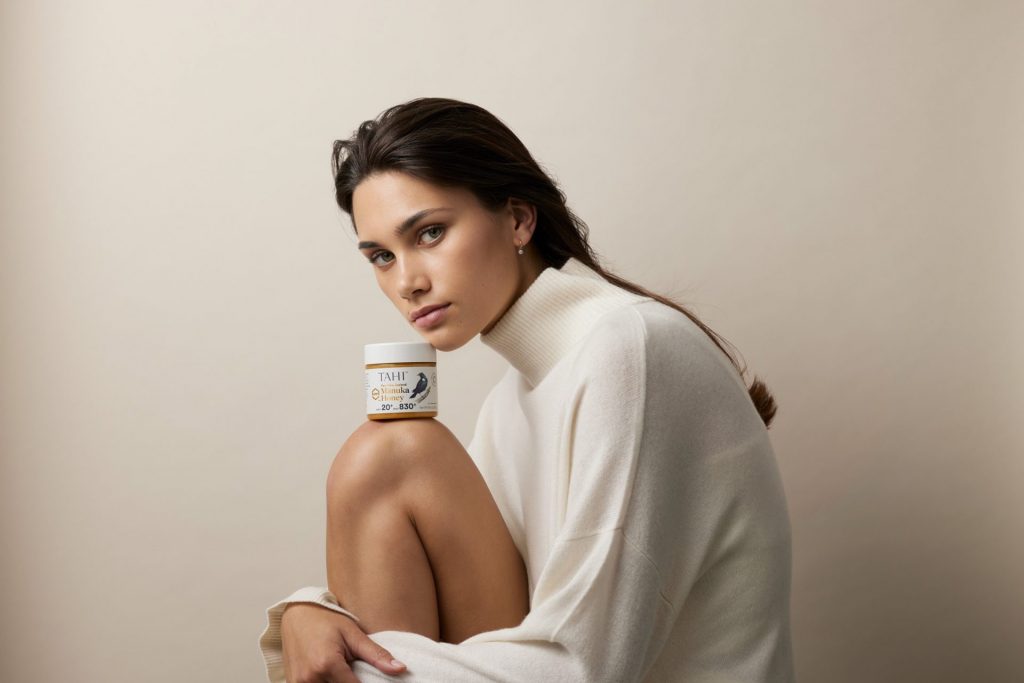
Thank you, Suzan, for sharing your inspiring journey and for showing the world that true luxury can go hand in hand with sustainability, purpose, and positive impact.
Visit www.tahi.com or www.tahihealth.com to learn more today!



